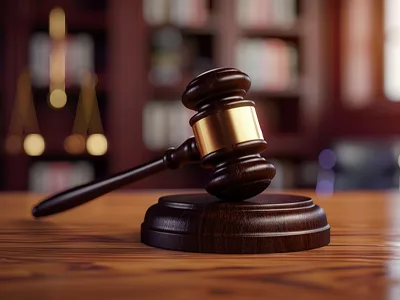So far, efforts to protect gamblers from the major tax overhaul aren’t going well
Efforts to reverse a controversial tax change affecting professional gamblers hit a roadblock yesterday when Senate Republicans blocked a Democratic-led proposal aimed at restoring full gambling loss deductions. Senator Catherine Cortez Masto of Nevada sought unanimous consent for the measure, but Senator Todd Young of Indiana objected, preventing the bill from advancing.
Although Young signaled he supports the bill’s intent, he said he could not agree to move forward without further discussion or changes. His objection stalls any immediate action to amend the recent tax rule that many in the gambling industry argue could significantly harm professional players and the broader gambling economy.
The deduction limits were introduced as part of the sweeping $3.3 trillion “One Big Beautiful Bill Act,” which was signed into law by President Donald Trump last week. While the legislation gained support from groups like the American Gaming Association, it quietly included a cap on gambling loss deductions beginning in 2026. Under the new rule, gamblers can only deduct 90% of their losses instead of the full amount previously allowed.
This seemingly minor change could have major financial consequences for professional gamblers. For example, a player who wins and loses $100,000 over the course of a year would now owe taxes on $10,000 in theoretical income, despite breaking even. Critics say this undermines the concept of fair taxation and could drive professionals out of the US market entirely.
The provision, expected to generate $1.1 billion over eight years, was finalized just days before the bill’s passage. Senator Ron Wyden, the ranking Democrat on the Senate Finance Committee, criticized the rushed process, warning that decisions made without careful review could hurt everyday Americans.
Cortez Masto and Congresswoman Dina Titus of Nevada are now working on separate bipartisan bills in the Senate and House aimed at fully restoring the original deduction rule.

